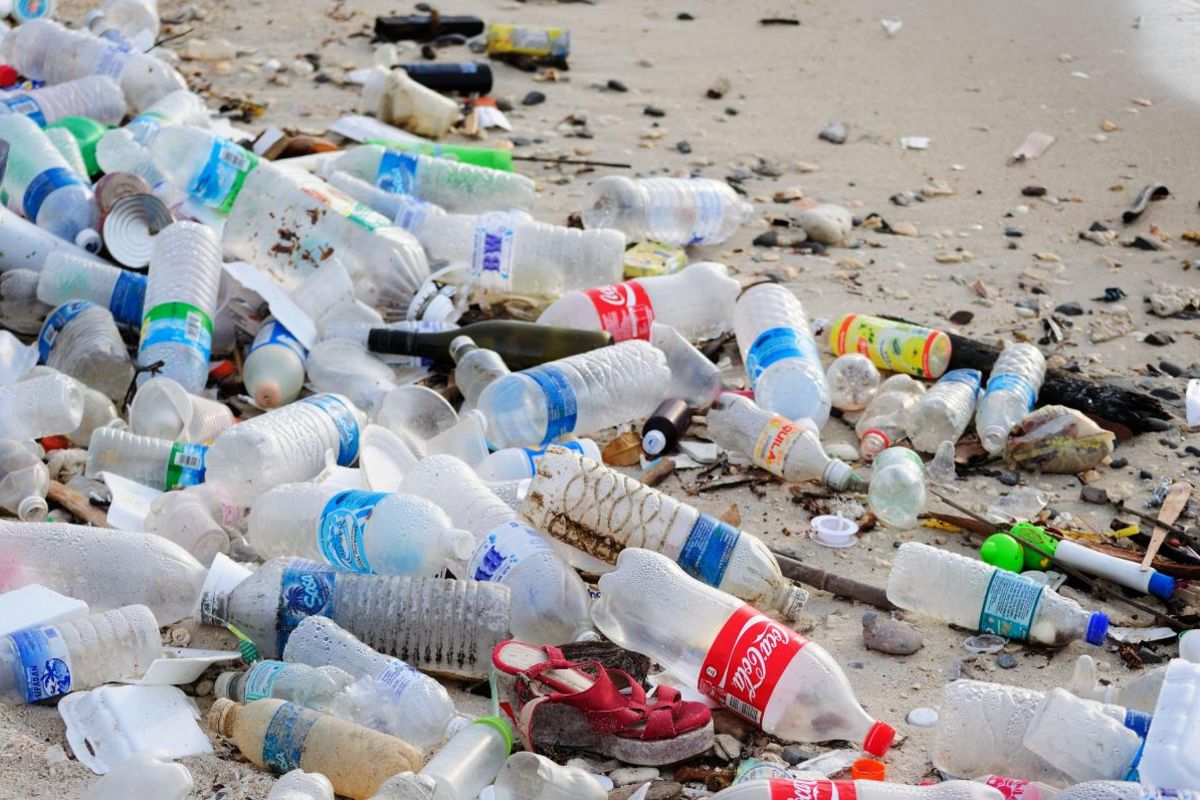
Dar es Salaam. As Tanzania and the rest of the world gear up for the 2023 United Nations Climate Change Conference (COP28), stakeholders are emphasizing on corporate responsibility as the country still grapples with the plastic pollution crisis.
Country’s Assessment of Solid Waste Management Ecosystem reveals an annual generation of 12.1– 17.4 million tonnes of municipal solid waste with manufacturers contributing 20 percent to this environmental challenge.
Speaking to The Citizen, the National Environment Management Council (NEMC)’s Eastern Zonal Manager Mr Hamadi Kissiwa, said there were laws and regulations providing guidance on the procedure to follow in controlling the disposal of solid waste.
The laws include the 2021 Environmental Management (Hazardous Waste Control and Management) regulations and the Environmental Management Act 2004, which requires all investors to ensure they conduct an environmental impact assessment for their investment activities.
Asked if the agency is satisfied with manufacturers’ level of compliance, the official expressed dissatisfaction.
“You cannot say you are satisfied when waste is seen scattered everywhere. We continue to monitor,” he said.
Meanwhile, manufacturers launched the Polyethylene Terephthalate Recycle Company (PETCO) in response to the plastic crisis last year.
The company has since been rebranded to PETpro.
However, PETpro chairman, Mr Unguu Sulay, said there is still a huge challenge of manufacturers prioritizing profit over sustainability, with only a few actively engaging in eco-friendly practices. Government data show the manufacturing sector in Tanzania comprises 618 large industries, 684 medium-sized ones, 17,274 small ones, and 62,400 very small ones.
”This is because many companies in Tanzania prioritize profit over the interests of the country or the world. “Even those eight members that we started with, very few have sustained commitment,” Mr Sulay noted.
He underscored the need for manufacturers to recognize the significance of environmental conservation and to take action in support of the efforts to reduce plastic pollution.
Mr Sulay’s called for increased awareness and action from manufacturers, underscores the need for a collective effort to prioritize environmental sustainability over short-term gains.
Speaking to The Citizen, managing director of a waste management company, The Recycler, Mr Matthew Haden, said there should be a push for using less multi-layered plastic and more rigid recyclable plastic.
“Even more important is to push for reusable and refillable packaging.
Most Tanzanians drink their sodas from returnable glass which is not only cheaper, but returned – washed and refilled,” he said.
Mr Haden who is also an Ocean Plastic specialist agrees that there is still more to be done to influence environmental stewardship from the manufacturers.
“A full extended producer’s responsibility (EPR) law must be implemented in Tanzania.
Companies need to be responsible for collecting the plastic they put out in the environment,” he said.
He emphasized that the government needs to introduce a number of bans on certain types of single-use plastic, as while the plastic bag ban has been very successful in Tanzania in reducing ocean plastics, it also needs to be extended to include plastic cutlery, straws, colored plastic bottles, plastic bottles under 300 ml, small hotel shampoo and soap containers, certain types of plastic sachets and many more items.
Youth environmental activist Mr Ghaamid Abdulbasat, a torchbearer of a greener tomorrow also echoes the urgency for change.
The local climate change champion recommended that manufacturers should incorporate biodiversity considerations and adhere to standards such as Science-Based Targets for Nature (SBTs for Nature) and TC331 (Science-Based Targets for Nature (SBTs for Nature) and TC331 to address biodiversity conservation as per the ISO standards).
“Emphasize the significance of setting measurable goals to reduce plastic usage, adopt sustainable alternatives, and actively support recycling programs,” said Abdulbasat who is also a member of the United Nations’ International Advisory Committee (IAC).
